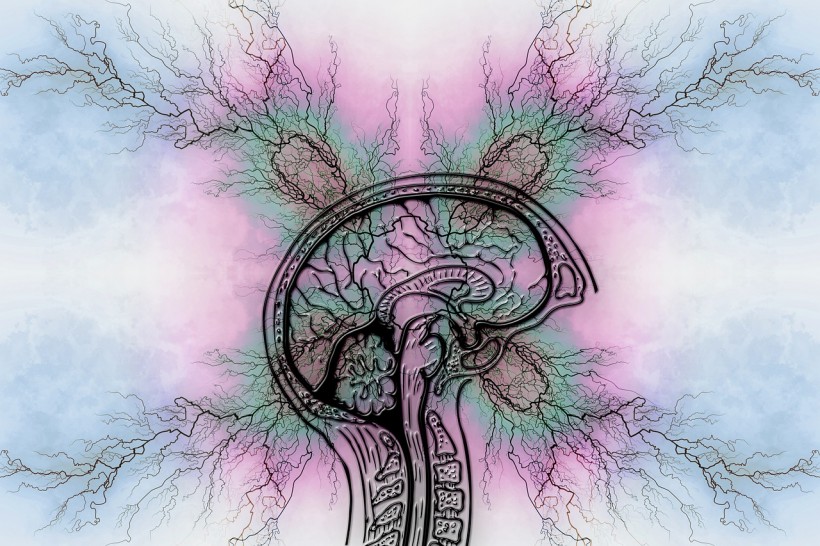Researchers from Washington University School of Medicine in St. Louis tracked over 150,000 COVID-19 patients for one year to present the most comprehensive investigation of the long-term neurological effects linked to COVID-19 infection, New Atlas reported.
They found a significant increase in the risk of several neurological disorders in those infected with the novel coronavirus compared to those who have never been infected. The data used in the study from massive healthcare databases to gather insights on the long-term effects of COVID-19.

Previous COVID-19 Infection Linked to Neurological Conditions in Millions of People
The Link Between COVID-19 and Neurological Disorders
Epidemiologist Ziyad Al-Aly from Washington University has been working with the US Department of Veterans Affairs since the pandemic's beginning in 2020. Earlier this year, he and his colleagues published several studies about the increased cardiovascular problems and mental health effects of COVId-19 on patients after 12 months.
The new study, titled "Long-Term Neurologic Outcomes of COVID-19," published in Nature Medicine, looks at various neurological problems in the 12 months since the mild and severe infections.
Al-Aly explained that the study provides a comprehensive assessment of the long-term brain effects of COVID-19, which past studies have examined, although they mostly focused on hospitalized patients. In their study, they evaluated 44 brain and other neurologic disorders in both hospitalized and not hospitalized patients, as well as those in the intensive care unit.
According to Psychology Today, COVID-19 survivors were 43% more likely to develop mental health disorders like anxiety and depression. Moreover, 42% will be more likely to have movement disorders, 35% will have mild to severe headaches, 30% are more likely to have blurred vision or retinal inflammation, and 22% will be more likely to develop hearing abnormalities.
Al-Aly urges governments to develop public health and prevention strategies and policies to manage the ongoing pandemic and plan for post-COVID-19 infection.
COVID-19 Increases Risk for Alzheimer's Disease
Previous studies show a link between Alzheimer's disease and COVID-19, and the research also shows a small increase in the diagnosis of neurological impairment post-infection.
A study titled "Association of COVID-19 with New-Onset Alzheimer's Disease," published last month in the Journal of Alzheimer's Disease found that older adults with previous COVID-19 infection have a 50% to 80% chance of developing Alzheimer's disease.
But Al-Aly and other doctors stressed that it is unlikely for a person to have COVID-19 and immediately develop Alzheimer's disease out of the blue. The neurological disorder takes years to manifest, and they believe that the infection might have sped up the disease already simmering in predisposed people.
Scientists are still learning more about the link between COVID-19 and cognitive health, specifically the ability to learn, remember, focus, and perceive. In general, studies have shown the negative effects of the infection in both the short- and long-term.
Assistant professor, Dr. Joshua Cahan from Northwestern University Feinberg School of Medicine, told HuffPost that these findings are not surprising given the increasing understanding that medical stressors can lead to disruptions in cognitive abilities that are recognized as a risk factor for subsequent dementia diagnosis.
RELATED ARTICLE: Long-Term Psychiatric Problems May Come After Battling COVID-19
Check out more news and information on COVID-19 in Science Times.














